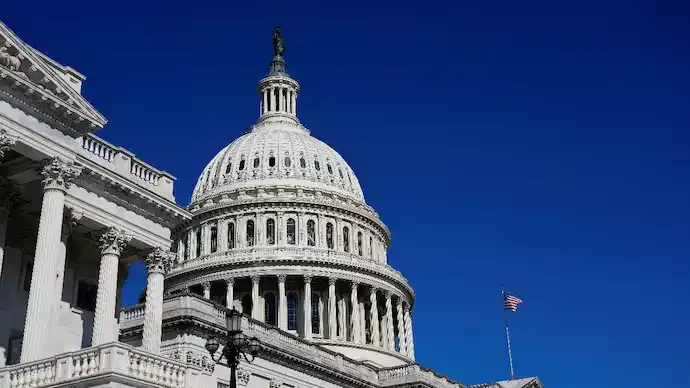Shopping cart
Your cart empty!
Terms of use dolor sit amet consectetur, adipisicing elit. Recusandae provident ullam aperiam quo ad non corrupti sit vel quam repellat ipsa quod sed, repellendus adipisci, ducimus ea modi odio assumenda.
Lorem ipsum dolor sit amet consectetur adipisicing elit. Sequi, cum esse possimus officiis amet ea voluptatibus libero! Dolorum assumenda esse, deserunt ipsum ad iusto! Praesentium error nobis tenetur at, quis nostrum facere excepturi architecto totam.
Lorem ipsum dolor sit amet consectetur adipisicing elit. Inventore, soluta alias eaque modi ipsum sint iusto fugiat vero velit rerum.
Sequi, cum esse possimus officiis amet ea voluptatibus libero! Dolorum assumenda esse, deserunt ipsum ad iusto! Praesentium error nobis tenetur at, quis nostrum facere excepturi architecto totam.
Lorem ipsum dolor sit amet consectetur adipisicing elit. Inventore, soluta alias eaque modi ipsum sint iusto fugiat vero velit rerum.
Dolor sit amet consectetur adipisicing elit. Sequi, cum esse possimus officiis amet ea voluptatibus libero! Dolorum assumenda esse, deserunt ipsum ad iusto! Praesentium error nobis tenetur at, quis nostrum facere excepturi architecto totam.
Lorem ipsum dolor sit amet consectetur adipisicing elit. Inventore, soluta alias eaque modi ipsum sint iusto fugiat vero velit rerum.
Sit amet consectetur adipisicing elit. Sequi, cum esse possimus officiis amet ea voluptatibus libero! Dolorum assumenda esse, deserunt ipsum ad iusto! Praesentium error nobis tenetur at, quis nostrum facere excepturi architecto totam.
Lorem ipsum dolor sit amet consectetur adipisicing elit. Inventore, soluta alias eaque modi ipsum sint iusto fugiat vero velit rerum.
Do you agree to our terms? Sign up

The US government shutdown entered its third week on Monday, with Republican House Speaker Mike Johnson warning it could become the longest in the nation’s history as talks with Democrats remain deadlocked over Obamacare subsidies.
Speaking at the Capitol on the 13th day of the closure, Johnson said he would not negotiate with Democrats until they agree to reopen the government. The standoff has shuttered museums, disrupted air travel, and halted multiple federal services, leaving thousands of government employees temporarily without work.
Critics accuse the Trump administration of using the crisis to advance its long-standing goal of shrinking federal operations.
Vice President JD Vance called the mass layoffs “painful” as unions filed lawsuits against the administration. Johnson, however, thanked President Donald Trump for ensuring continued payment for the military and Coast Guard, calling it a measure that “keeps our defenses strong amid dysfunction.”
Despite that reassurance, no breakthrough appears imminent. The House remains adjourned, and the Senate returns Tuesday, still divided over how to handle the Affordable Care Act (ACA) subsidies that have become the centerpiece of the impasse.
At the heart of the shutdown is the dispute over Obamacare subsidies. Democrats want to extend the expiring subsidies that help millions of Americans afford health insurance, while Republicans argue that such measures can be addressed only after government operations resume.
House Democratic Leader Hakeem Jeffries accused Republicans of abandoning the negotiation table, saying his party remains ready to compromise but that “Republicans are nowhere to be found.”
The next major deadline falls on November 1, when the open enrolment period for ACA begins. Without congressional action, millions could face higher insurance premiums.
The prolonged shutdown is rippling across sectors. Federal education programs, after-school initiatives, and special education services are facing funding disruptions. Thousands of federal workers, including House aides, are missing paychecks.
The Pentagon has reallocated $8 billion in unused funds to maintain military pay, while the Education Department faces severe operational strain.
Johnson acknowledged the political risks for his party, recalling the GOP’s failed 2017 bid to repeal Obamacare. “The roots of this law are deep,” he admitted, but reiterated that Democrats must first agree to reopen the government before any talks on health care begin.
With more than 24 million Americans currently enrolled in Obamacare, a full repeal appears off the table. Still, Johnson maintained that extending the subsidies now would reward what he called “fiscal recklessness.”
The 2019 shutdown lasted 35 days — the longest in US history. Johnson warned that, without compromise, the current closure could surpass that record.
29
Published: Oct 14, 2025